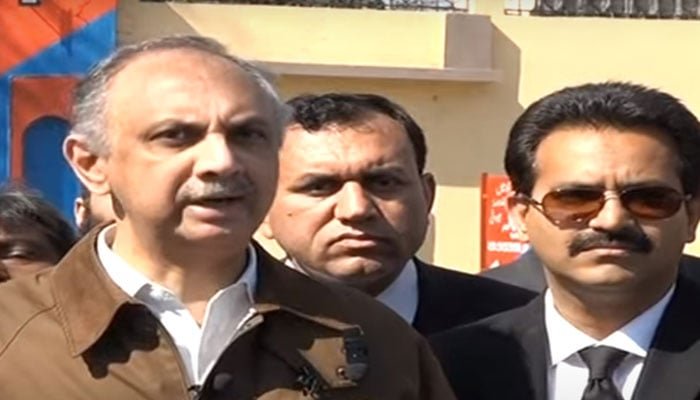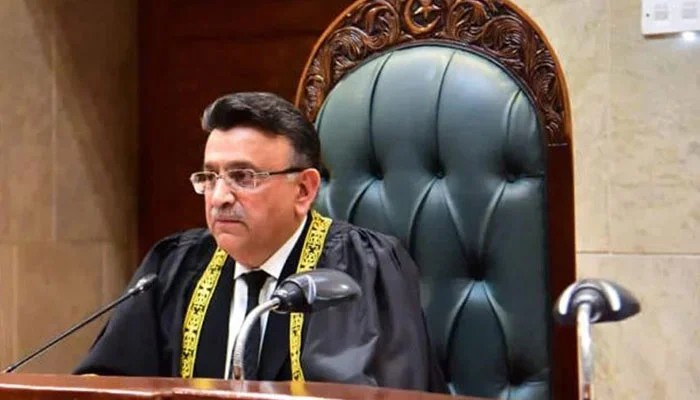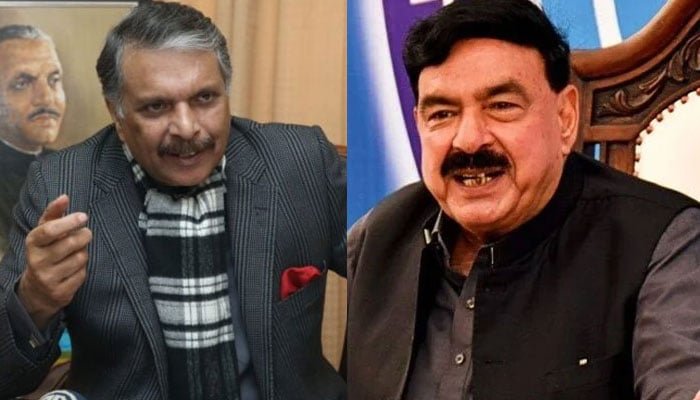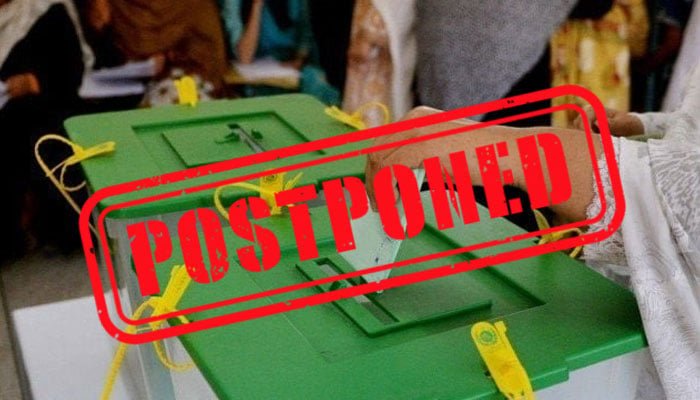Leaders of the Pakistan Tehreek-e-Insaf (PTI) have been denied permission to meet with party founder Imran Khan in Adiala Jail. PTI leader Omar Ayub stated in media discussions that the jail superintendent rejected court orders, preventing opposition leaders from meeting their client.
Asad Qaiser remarked that grand alliances are being formed, indicating potential negotiations with the Jamaat-e-Islami as well. However, they have been barred from meeting Imran Khan, the founder of PTI.
Furthermore, Shoaib Shaheen, a leader of Pakistan Tehreek-e-Insaf, warned that if anything were to happen to PTI founder Imran Khan, the responsibility would fall on the current government and the establishment.
Speaking to the media outside the Election Commission, Shoaib Shaheen highlighted irregularities in the polling stations, alleging that after tampering, some polling stations recorded a 99.99% voter turnout, which is seemingly impossible. He stated that they will soon release a white paper on this matter.
The denial of permission for PTI leaders to meet Imran Khan in Adiala Jail raises concerns about political interference and the independence of the judiciary. It also adds fuel to the ongoing political tensions in Pakistan, with opposition parties accusing the government and establishment of bias and favoritism.
The remarks by PTI leaders about potential consequences if anything were to happen to Imran Khan indicate the high stakes involved in the current political landscape. The opposition’s frustration with the lack of transparency in the electoral process is evident, as they continue to raise concerns about electoral integrity and fairness.
As the situation unfolds, the government will face increasing scrutiny over its handling of political prisoners and its commitment to upholding democratic principles. The denial of basic rights, such as the right to legal counsel and visitation, could further exacerbate tensions and deepen divisions within Pakistani society.



